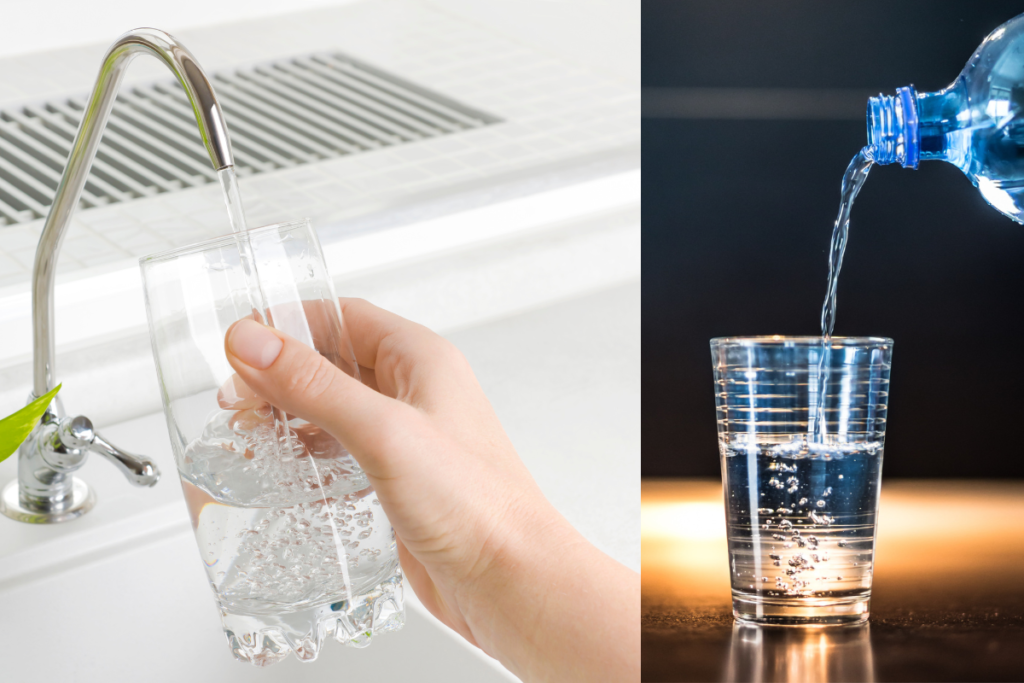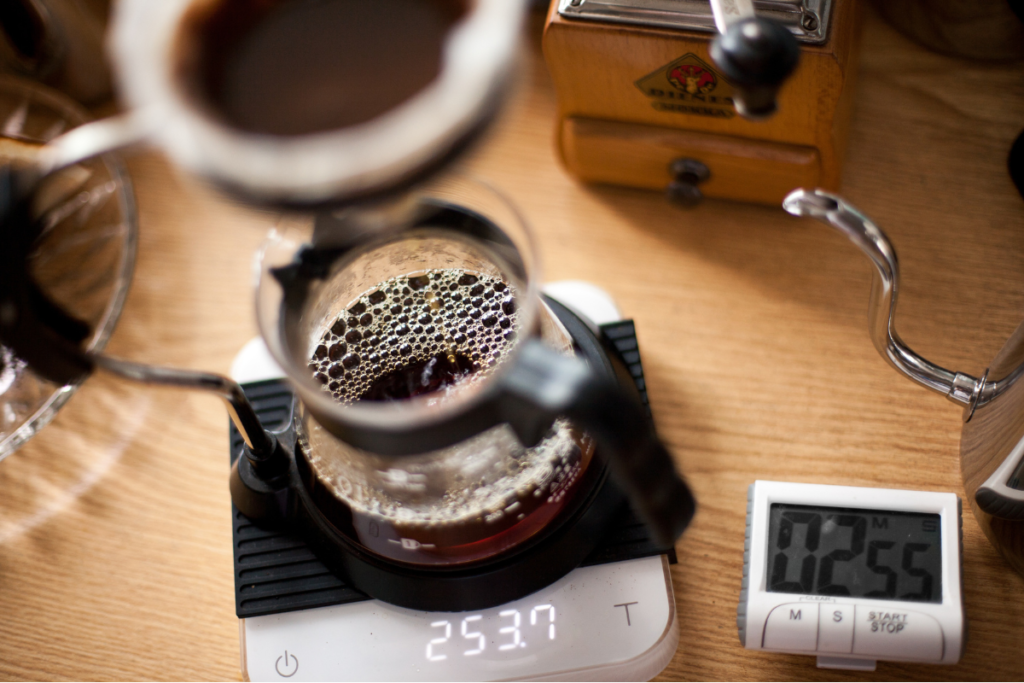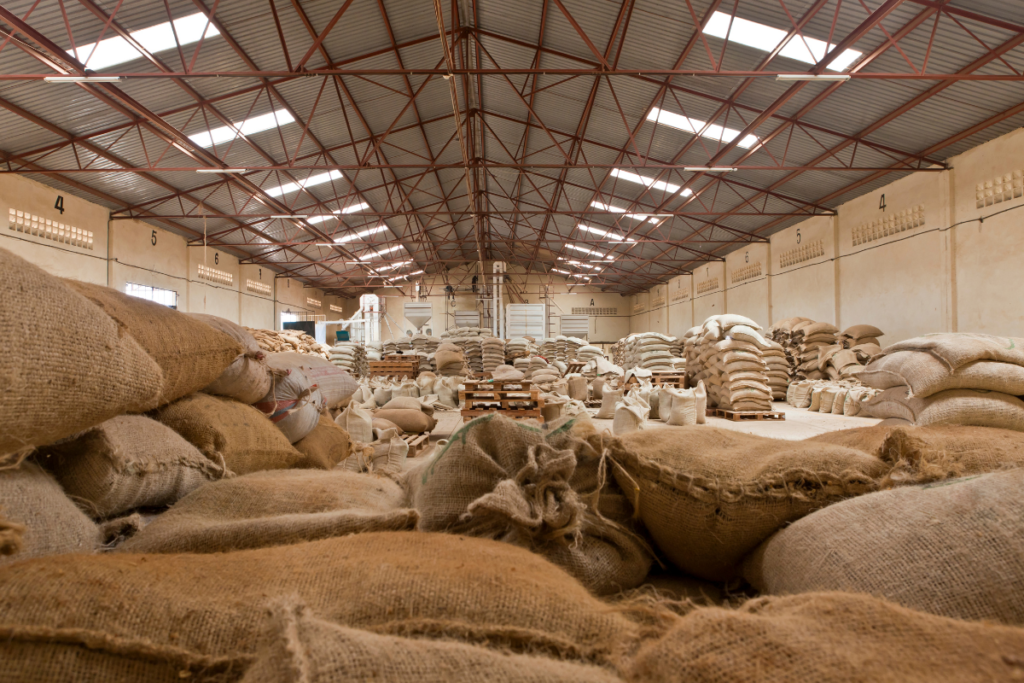
The importance of water in specialty coffee brewing and preparation cannot be overstated. Water is the primary ingredient in coffee, making up more than 98% of the final cup, and its quality significantly impacts the taste, aroma, and overall quality of the coffee. Here are the key points highlighting the importance of water in specialty coffee brewing:
1. Water Quality and Composition
- Clean and Pure Water: The water should be clean, odorless, and free of chlorine to avoid imparting unwanted flavors to the coffee.
- pH Level: The ideal pH range for brewing coffee is between 6.5 and 7.5. Water that is too acidic can make the coffee taste sour, while water that is too alkaline can make it taste bitter.
- Mineral Content: The mineral content, particularly calcium and magnesium, plays a crucial role. Hard water can inhibit flavor extraction, leading to a dull taste, while soft water can result in an overly acidic brew. The ideal calcium hardness is between 50-175 ppm.
2. Impact on Flavor and Extraction
- Flavor Extraction: The mineral content of water affects the extraction process. Balanced mineral composition is essential for optimal flavor extraction.
- Taste and Aroma: Poor-quality water can lead to off-flavors, a dull taste, or a lingering aftertaste. High-quality water enhances the aroma, acidity, and sweetness of the coffee.
3. Filtration and Purification
- Filtration Systems: Using filtration systems like activated carbon filters can remove impurities and improve the taste of the coffee.
- Reverse Osmosis and Distilled Water: While these methods remove minerals, they can be used in combination with mineral additives to create a customized brewing water profile.
4. Consistency and Customization
- Consistency: Consistent water quality ensures that the desired flavor profile can be replicated with each brew.
- Customization: Different coffee beans and brewing methods may benefit from specific water profiles. Experimenting with water composition can help fine-tune the brewing process to highlight the unique characteristics of different specialty coffees.
5. Temperature and Brewing Method
- Temperature: The ideal brewing temperature is between 195°F and 205°F (90°C to 96°C). Incorrect temperatures can result in under-extracted or over-extracted coffee.
- Brewing Method: Different brewing methods require different amounts and temperatures of water. Using the wrong amount or temperature can result in a poorly brewed cup of coffee.
5. Minerals and PH Composition
The quality of water used in specialty coffee brewing is crucial for achieving a balanced and flavorful cup. Ensuring the water is clean, has the right pH and mineral content, and is used at the appropriate temperature is essential for optimal extraction and flavor development.
The difference in minerals, pH, and composition for specialty coffee brewing is crucial for achieving optimal flavor and quality. Here are the key differences and considerations:
Minerals
- Calcium: Essential for bringing out the heavier notes in coffee. It helps in the extraction process and contributes to the overall body and mouthfeel of the coffee. Calcium carbonate is often recommended as it can enhance the flavor profile significantly.
- Magnesium: Believed to bring out the fruitier notes in coffee. Magnesium chloride (MgCl2) is commonly used to add a bright and fruity character to the brew.
- Potassium: Used in some recipes to enhance the flavor, though its role is less clear compared to calcium and magnesium. Some users find that potassium adds a smoother, more balanced taste.
- Sodium: Less commonly used in coffee brewing, but some recipes include it to balance out the mineral composition.
pH
- Ideal pH Range: The optimal pH range for brewing coffee is between 6.5 and 7.5. Water that is too acidic (below 6.5) can result in a sour taste, while water that is too alkaline (above 7.5) can make the coffee taste bitter.
Composition
- Total Dissolved Solids (TDS): The TDS level in water affects the extraction process. A balanced TDS level, typically between 40-70 ppm, is recommended for optimal flavor extraction. Soft water with a high enough buffer seems to work well for light-roasted beans.
- Mineral Balance: Achieving a balanced mineral composition is key. Equal parts of calcium, magnesium, sodium, and potassium are often recommended to create a well-rounded flavor profile.
Customization
- Custom Mineral Packs: Products like Third Wave Water and Perfect Coffee Water offer mineral packets that can be added to distilled or reverse osmosis (RO) filtered water to create the optimal brewing water. These packets are designed to provide the precise mineral composition needed for specialty coffee brewing.
- Experimentation: Many coffee enthusiasts experiment with different mineral combinations to find the perfect balance for their taste preferences. This can involve adjusting the proportions of calcium, magnesium, potassium, and sodium to suit different coffee beans and brewing methods.
In summary, the ideal water for specialty coffee brewing should have a balanced mineral composition, a pH between 6.5 and 7.5, and a TDS level between 40-70 ppm. Customization through mineral packs and experimentation can help achieve the perfect flavor profile for different coffee beans and brewing methods.


